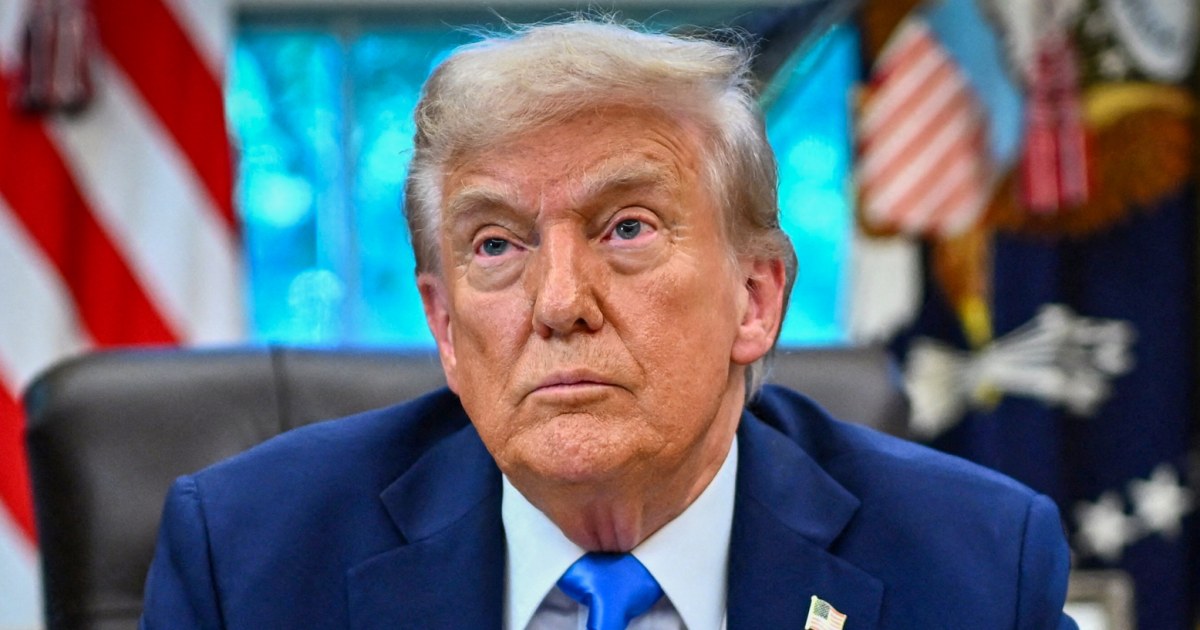
The surprise order from the Trump administration imposing a new $100,000 fee on some visas set off a day of frantic travel as workers, companies and foreign governments scrambled to respond to Washington’s latest immigration crackdown.
By the time the White House clarified that existing holders of the H-1B visas for skilled workers were not affected, the chaos had already been sewn: U.S. allies expressed concern and their nationals abandoned holidays, business trips and plans to see their families as they raced back to America before the new rules took effect Sunday.
President Donald Trump on Friday signed the proclamation requiring companies to pay the fee to obtain the visas, which major tech companies rely on to fill high-skilled jobs.
The order offered little clarity, however, about whether the steep new charge applied only to new applications or might also ensnare people seeking renewals and even those already holding valid visas.
The ambiguity was enough to trigger a worst-case interpretation inside boardrooms and across living rooms from Bengaluru to London.
India’s government said the measure was likely to have “humanitarian consequences by way of the disruption caused for families,” adding the “full implications of the measure” were being studied.
For a tense 24 hours, workers feared they could be locked out of the United States altogether.
Tech companies and banks sent urgent memos advising employees not to leave the country. Bags were packed, tickets bought and families left behind as visa holders scrambled to beat what they believed was a looming deadline.
Video verified by NBC News showed chaos and confusion on a flight from San Francisco to Dubai after Trump’s announcement.
The captain is heard citing “unprecedented” circumstances, saying, “There’s a number of passengers that do not wish to travel with us.”
The passenger who posted the video on Instagram said that a number of people chose to leave the aircraft and that he was stuck “in the same spot for over three hours, waiting for the flight to depart.”
Microsoft, Amazon and Goldman Sachs were among the companies that sent urgent e-mails to H-1B holders with travel advisories.
It was only on Saturday that officials sought to tamp down the turmoil, explaining that the $100,000 levy was a one-time charge, limited to new petitions, and that existing visa holders — including those overseas — would not be affected.
“The Proclamation does not apply to anyone who has a current visa,” the White House rapid response account said on X, clarifying that the proclamation applies only to future applications.
Commerce Secretary Howard Lutnick had said Friday that companies would have to pay $100,000 per year for H-1B worker visas. But White House spokesperson Karoline Leavitt said Saturday on X that it was not an annual fee, only a one-time fee that applied to each petition.
But the scramble had already left its mark.
Rohan Singh, a manufacturing engineer in North Carolina, canceled his plan to visit India, saying there was “panic among H-1B visa holders.”
“We don’t know what’s ahead,” he told the Reuters news agency.
People on H-1B visas also shared their experiences of rushing back to the United States on the popular Chinese social media app Rednote, according to Reuters, in some cases shortly after having landed in other countries.
On Friday, “the prevailing interpretation” was that people abroad needed to come back before the deadline, Grace Shie, an immigration lawyer at Mayer Brown, told NBC News.
“There was certainly that flurry, because for organizations big and small, they would have to get that message out, and the earlier the better,” she said.
India was the largest beneficiary of H-1B visas last year, accounting for 71% of approved beneficiaries, while China was a distant second at 11.7%, according to government data.
New Delhi and Washington are set to resume trade negotiations on the Trump administration’s steep tariffs, but in a sign of how ties have strained, Prime Minister Narendra Modi asked people in a public address Sunday to increase use of locally made products rather than foreign ones.
South Korea, which is still reeling from a Sept. 4 raid by immigration authorities on a Hyundai battery plant in Georgia, also said it was paying close attention to the change.
“When the government announces a major new policy potentially affecting the lives of hundreds of thousands of people in an extremely concrete way,“ Aaron Reichlin-Melnick, a senior fellow at the American Immigration Council, said on X. “AT THE VERY LEAST it owes people precise information.”
Trump “promised to put American workers first, and this commonsense action does just that by discouraging companies from spamming the system and driving down wages,” Taylor Rogers, a White House spokeswoman, told NBC News. “It also gives certainty to American businesses who actually want to bring high-skilled workers to our great country but have been trampled on by abuses of the system.”
The proclamation is a win for immigration hard-liners on Capitol Hill, but it is likely to rankle tech executives seeking qualified workers from abroad.
Amazon, Meta, Google, Apple and Walmart are among the biggest users of visas under the program, which President George H.W. Bush signed into law in 1990.
The fee had ranged from $2,000 to $5,000 per application.
Trump said Friday that tech companies would be pleased with the changes.
“I think they’re going to be very happy. Everyone’s going to be happy,” he said.

Freddie Clayton
Freddie Clayton is a freelance journalist based in London.

Matteo Moschella
Matteo Moschella is a London-based reporter for NBC News’ Social Newsgathering team.